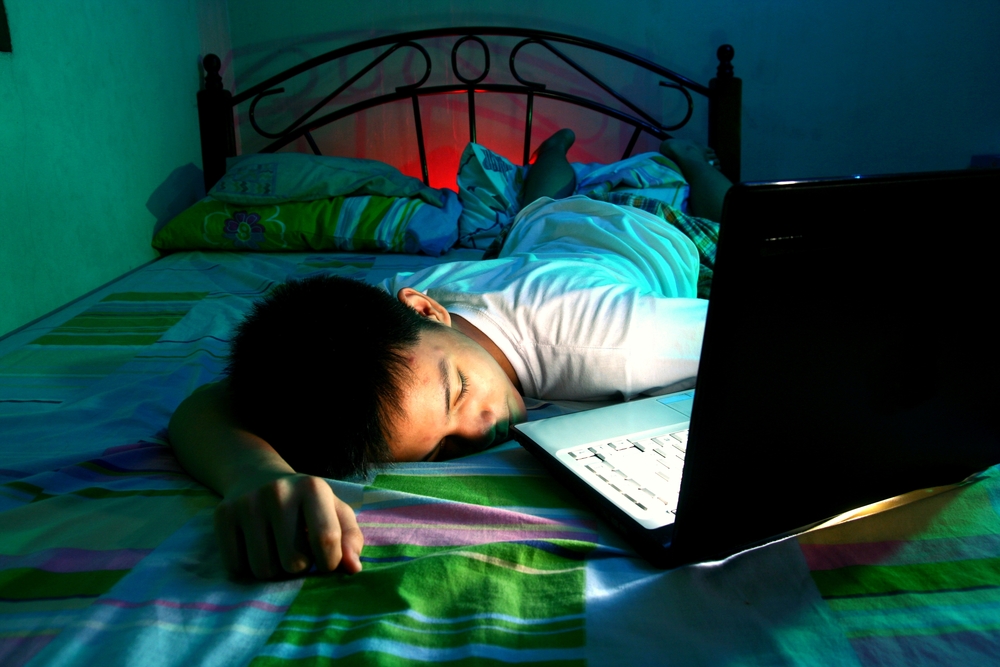Help, I can’t get my school-age kid to go to sleep! If this sounds familiar, then you must be a parent because this is a universal parent experience. What parents need to remember is that kids are not born knowing how to sleep and they don’t care that sleep is important. If left to their own devices, kids will not choose to get the amount of sleep that is optimal for their health and brain development. That is where the job of the parent kicks in – reinforcing sleep schedules for the benefit of our children, despite their protests.
Back to school time means getting back to a routine and a schedule. In order for kids to perform optimally in the academic, social, and emotional realms, they have to get optimal sleep. Sleep is a time for restoration and cementing synaptic connections from everything learned that day. Getting adequate sleep improves concentration and productivity. It lessens whining and improves coping skills, and helps to keep mood stable. Proper sleep is required to maximize athletic performance including speed, reaction time, and handling the mental stress of competition. Sleep is one of the most important aspects of our immune system, and lack of sleep can put you at higher risk of getting sick. Poor sleep is linked to an adverse effect on blood sugar, weight gain, and increased risk of heart disease. Sleep and mental health are closely related. Sleep deprivation can increase the risk for depression and other mood disorders.
As parents, we can set a specific bedtime with lights off even if we cannot magically make our children fall asleep. If your child lies awake in a darkened room for a while prior to falling asleep, it is more restorative than continuing to be up and about. Reading to your child in a darkened room prior to leaving them to a parent-enforced quiet room can help set the mood. You cannot control your child’s brain to switch off to sleep mode, but you can remove all stimulation and improve their chances of falling asleep in time to get enough hours in prior to the morning alarm clock. All screened devices should be removed from the bedroom 2 hours prior to bedtime since screen time can inhibit the sleep response. If your child is difficult to wake up in the morning, then you know he/she is not getting enough sleep and you should provide an earlier bedtime. Sleep is one parenting challenge that is worth the time and effort, in the interest of your child’s mental, physical, and emotional health.
The American Academy of Pediatrics and American Academy of Sleep Medicine Recommend:
-Preschool, age 3-5 years, 10-13 hourssleep including naps
-Grade School, age 5-12 years, 9-12 hourssleep
-Teens, 13-18 hours sleep
Dr. Bren Boston, MD sees patients at the Akasha Center for Integrative Medicine at 520 Arizona Ave, Santa Monica, CA 90401. To make an appointment call 310-451-8880 or email us at info@akashacenter.com.








